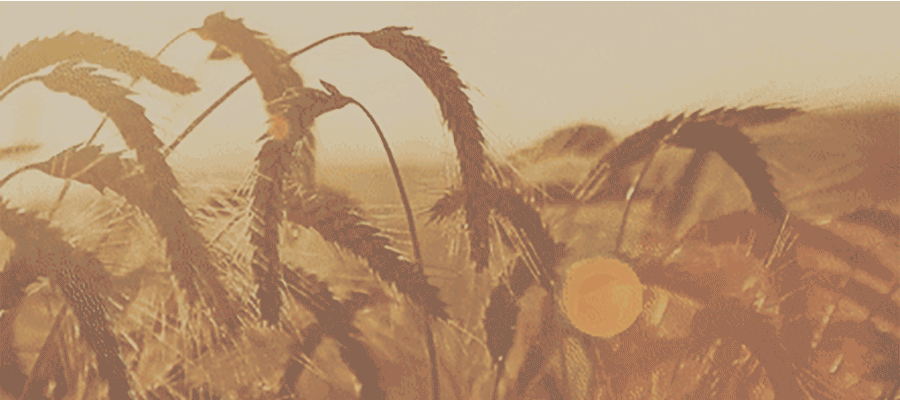Back Hallways, Ixúp’igúp Theater, Slowwater
Tom had chimed in, then, politely, enough to lend credence to the words he could not have avoided, the ones where he could not carefully walk the line between truth and lie, as best as he knew it, to speak such that the arati before him did not have to judge his worthiness for themselves. It did not matter, not really, these games he played; he knew that, and yet he could not keep himself from it. They all knew, Aremu knew, even as he smiled, his right wrist in his pocket with the drape of his amel’iwe over it, what he lacked.
Aremu and Tom made their way into the corridor behind the stage, red phosphor and thick dark carpet underfoot. There were a handful of closed doors, which Aremu did not know whether or not to check; he knew better than to think that all of the secrets of Ixúp’igúp were harmless in their discovery.
They went further down the hall; they saw the distant edge of the stage, one of the hallways which wrapped around the inside of the building and led to it.
“No, never,” Aremu said, glancing around and then back at Tom. More doors, he thought, all of them shut; he tried not to look too closely at him. He grinned, sheepishly. “Let’s see whether we can find someone to ask.”
There was another door, finally, cracked open; qinnab smoke drifted out into the hall, fragrant and sweet. There was the low murmur of voices, and then a sudden rush of laughter, a handful of voices intertwined in it.
Aremu knocked, lightly, with the backs of his knuckles.
The door opened a little wider; an onjira with a septem piercing answered, a delicate gold loop with spikes threaded through, each one capped with a tiny glittering gem. Their field washed over Aremu, but met Tom’s in a polite caprise, belike greeting belike. “May I help you, ada’xa?” They asked.
Aremu bowed, politely, his hand and prosthetic emerging before they tucked away once more. “Thank you, ada’tsa. We are looking for ada’tsa Tsagúr.”
“Tsagúr?” The onjira raised their eyebrows. “I haven’t seen him around tonight.”
“Aremu?” There was a surprised voice from inside the room.
Aremu’s eyebrows lifted.
The door came open wider. An onjira with a round face, eyelids gleaming with silver and blue and no field to be found came into sight, dressed in a tunic and pants in the same colors, with a tasteful amel’iwe around their shoulders. “It is you!”
“Dheza,” Aremu said, with a small, tight smile and a bow.
“We knew each other at Thul’Amat, Obere,” Dheza said with a smile. “Aremu, I haven’t seen you since – just before graduation, I suppose.”
“It has been a long time,” Aremu said, after a moment, his smile smooth and even.
Dheza’s gaze drifted to Tom; they paused, their eyebrows drifting up.
“Dheza, this is a visitor from Anaxas, Anatole Vauquelin,” Aremu said with another bow, shifting to keep his right arm in the shadow, to turn Anatole into the conversation as best as he could. “He is a great fan of poetry, and I thought he would enjoy all which Ixúp’igúp has to offer.”
Dheza smiled. “Poetry speaks to the heart,” they said, smiling.
“Any who appreciates poetry appreciates beauty itself,” Obere put in, smiling. Their gaze was sharp and curious, drifting from Aremu to Dheza. “Please, come and join us; Tsagúr will most likely come by after the show. Anyway, it’s best not to disturb them before they perform,” they grinned, white teeth bright beneath their dark face and the gold ornament in their nose.







